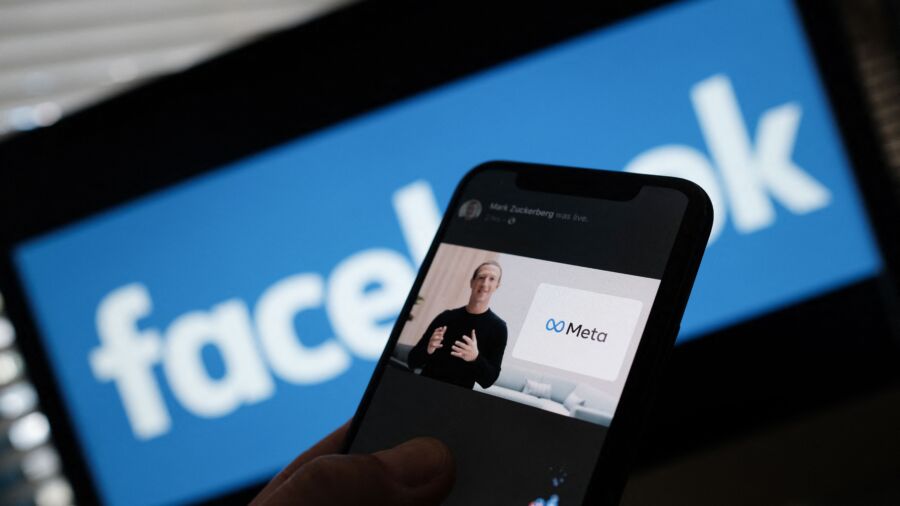Meta will be cutting its Facebook News tab in April and will not renew commercial deals with traditional media outlets.
The company wants to focus on products it believes people value most, after the number of people using Facebook News in Australia and the United States declined by 80 percent in a year.
“We know that people don’t come to Facebook for news and political content—they come to connect with people and discover new opportunities, passions and interests,” Meta said.
“As we previously shared in 2023, news makes up less than 3 percent of what people around the world see in their Facebook feed, and is a small part of the Facebook experience for the vast majority of people.”
Facebook will not enter any new commercial deals for traditional news content, nor offer new products for media outlets specifically in the future.
However, the terms under existing Facebook News agreements with publishers in Australia, France, and Germany will not be impacted by this decision. Such deals have already lapsed in the United States and the UK.
“To ensure that we continue to invest in products and services that drive user engagement, we will not enter into new commercial deals for traditional news content in these countries and will not offer new Facebook products specifically for news publishers in the future,” Facebook said.
Facebook said the community would still be able to view links to news articles on Facebook and news outlets will still be able to post links to their stories on their accounts.
“News organizations can also still leverage products like Reels and our ads system to reach broader audiences and drive people to their website, where they keep 100 percent of the revenue derived from outbound links on Facebook,” Facebook said.
Australian Government Calls it a ‘Dereliction’ of its Commitments
Communications Minister Michelle Rowland and Financial Services Minister Stephen Jones expressed concern with Meta’s decision in a statement on Feb. 29.
“Meta’s decision to no longer pay for news content in a number of jurisdictions represents a dereliction of its commitment to the sustainability of Australian news media. The government has made its expectations clear,” the ministers said.
The decision removes a significant source of revenue for Australian news media businesses.
In 2021, Facebook entered into difficult negotiations with the Australian Liberal-National government over a contentious law (the News Media Bargaining Code) to force the tech giant to pay publishers for content, which resulted in the company shutting down news content on its platform across the country for several days.
The company later agreed to set up the Facebook News service as a way of compensating news outlets (outside of using the Code).
However, with the latest move, Meta has effectively taken a step back from paying news companies, and the now-Labor government will seek advice from the Treasury Department and the Australian Competition and Consumer Commission on how to respond to the move.
“We will now work through all available options under the News Media Bargaining Code. The government will continue to engage with news publishers and platforms through this process,” the government said.
“The Albanese government is committed to promoting a strong, sustainable, and diverse media sector given its vital importance to our democracy and social cohesion.”
Prime Minister Anthony Albanese said the government was concerned with the developments.
“We know that it’s absolutely critical that media is able to function properly, and be properly funded. Journalism is important and the idea that research and work done by others can be taken for free is simply untenable,” he told The Australian newspaper on March 1.
Facebook Has Built the ‘Largest Global Fact-Checking Network’
Meta said it has built the biggest global fact-checking network of any platform by teaming up with greater than 90 independent fact-checking organisations around the world.
These third-party “fact checkers” are certified via accreditation bodies such as the non-partisan international fact-checking network which review and rate “viral misinformation” on apps.
“We have contributed more than $150 million to programs supporting our fact-checking efforts since 2016 to combat the spread of misinformation and we will continue to invest in this area,” Facebook said.
Meta said it is committed to connecting people to reliable information on its platforms.
From The Epoch Times


